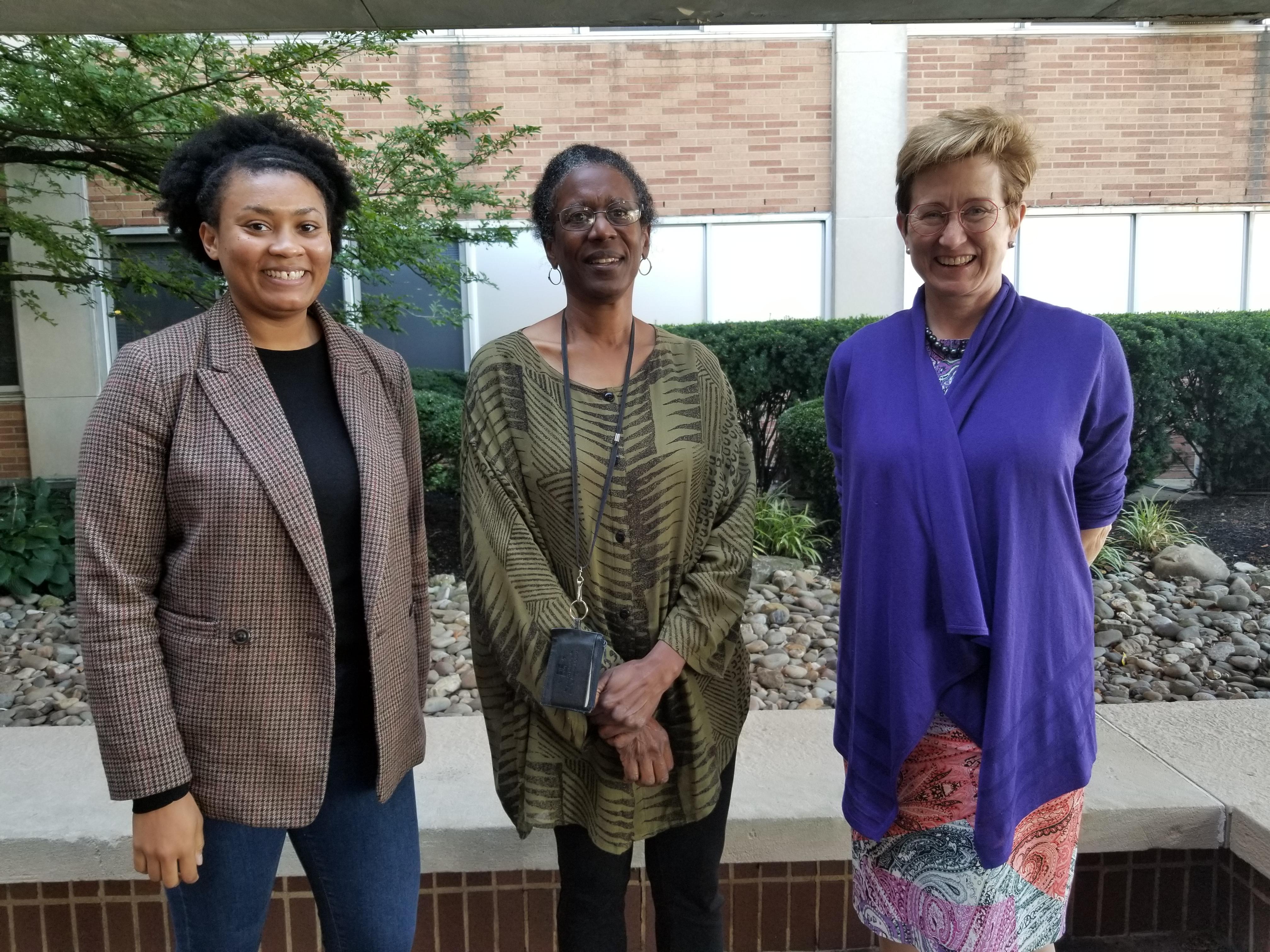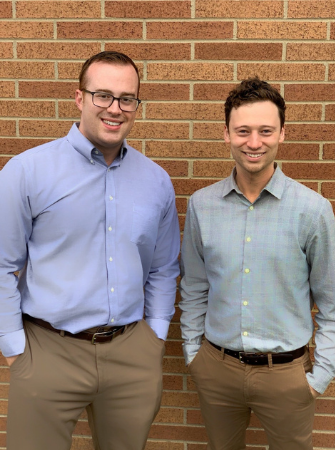The Department of Psychiatry is involved in collaborative, multidisciplinary research efforts throughout the Lewis Katz School of Medicine at Temple University, the University, and with members of our Adjunct Faculty. Some of our projects and collaborations are discussed below.
For more information about research efforts in the Department of Psychiatry, particularly for interested residency candidates, or to discuss a patient related clinical trial please contact: Mary F. Morrison, MD, MS, Vice Chair for Research, Department of Psychiatry, Professor of Psychiatry, Internal Medicine and Center for Substance Abuse Research at: [click-for-email].
Center for the Development of Novel Medications for Cocaine Use Disorders
Cocaine addiction is a devastating disorder. The past 5 years have seen a rapid increase in overdose deaths associated with cocaine. Drs. Mary Morrison, Sarah Tabi and Ms. Joya Maser have been studying the effects of clavulanic acid as a treatment for cocaine use disorder with funding from the National Institute of Drug Abuse. A multisite efficacy study has been completed. Publications from Phase I studies are below:
LS Callans, 2024: https://pubmed.ncbi.nlm.nih.gov/38601830/
J Maser, 2024: https://pubmed.ncbi.nlm.nih.gov/39045086/

Center for Substance Abuse Research
This NIH-funded research center serves to facilitate multidisciplinary research on drugs of abuse and the consequences of their use, whether abused or therapeutic. This mission encompasses understanding the effects of the drugs on various systems in the body, as well as the study of the receptors to which the drugs bind, the signal transduction pathways they evoke, alterations that they induce in gene expression, neuronal pathways that they stimulate, and behaviors that they induce. Anjali M. Rajadhyaksha, PhD, Professor of Neural Sciences, is the Director of the Center
Research on substance abuse is particularly important to the Department because a significant proportion of the patients treated by us have problems with drug abuse. Substance abuse is an important contributing factor to other psychiatric disorders. The course of psychiatric illness can be affected by co-existing substance abuse, which can also impede effective treatment. A better understanding of the social, psychological and biological factors influencing vulnerability to and treatment of substance abuse will relieve disease burden and improve outcomes for many of our patients.
Clinical Trials
Under the leadership of Lauren Ellman, PhD, Professor of Psychology at Temple, Temple is part of a multisite trial of investigational medications to improve the health of young people at elevated risk for psychosis. Dr. Morrison and other Temple Psychiatry faculty are collaborators on this effort. The project, the Psychosis Risk Outcomes Compound Assessment Network (ProCAN), establishes infrastructure to determine whether the biological, digital, cognitive, and clinical outcome measures are viable as drug development tools for use in Phase 2 clinical trials in participants at clinical elevated risk for psychosis. One or two Phase 2-ready compounds will be studied. The National Institutes of Mental Health funds this study.
Psychiatry and Thoracic Medicine Collaboration
Anxiety and Psychotropic Use in COPD Patients

Drs. Serdenes, Weiss (Harvard), Wang, Zhao (Center for Biostatistics and Epidemiology), Illipparambil (Thoracic Medicine) and Morrison found that the high pulmonary symptom groups in the SPIROMICS (SubPopulations and Intermediate Outcome Measures in COPD) cohort were associated with clinically significant anxiety. In 2025, a poster presented at the American Psychiatric Association demonstrated that people with COPD and clinically significant anxiety had shorter 6 minute walk distance and lower FEV-1 (Forced Expiratory Volume in one second) when accounting for important covariates. Taking gabapentinoids was also associated with a shorter 6 minute walk distance.
Article link: https://pubmed.ncbi.nlm.nih.gov/35948252/
Research by Former Research Track Residents
Caesar Imperio, MD, PhD
Dr. Imperio was on the Residency Research track (RRT) during his Psychiatry residency. Currently he is doing an Addiction Psychiatry Fellowship at Columbia University. A detailed description of the RRT is provided in the Subspecialty Track Section of the Residency Program. This track provides protected time and mentorship to residents with outstanding research potential and/or interest. Caesar was working in the laboratory of Dr. Mathieu Wimmer in the Department of Psychology at Temple University. He is interested in what contributes to relapse in people with substance use disorders and has been investigating that with preclinical studies. He was exploring the transcriptomics of female rats who self-administered morphine and then had enforced drug abstinence, to determine what molecular changes endure in brain regions for addiction. Dr. Imperio will be adding clinical research to his skills during his Addiction Fellowship at Columbia.
Tara Thompson-Felix, MD
Dr. Thompson-Felix investigated changes in human fetal brains related to chronic exposure to opiate related drugs, in the laboratory of Dr. Mat Wimmer in the Department of Psychology at Temple.
Tara wrote a commentary on “Nanovesicles: A Window into Neuronal Functioning” with Dr. David A. Ross at Yale. Read it: PMID: 31046939 and DOI: 10.1016/j.biopsych.2019.03.976
Dr. Thompson-Felix is currently an Assistant Professor in the Child Study Center at Yale. Dr. Thompson-Felix finished her Child Psychiatry Fellowship and Yale and is working on her PhD in the Investigative Medicine Program at Yale.
Temple Medical Students Move Research Forward
During the summer, Temple medical students work with Psychiatry faculty on research projects and initiatives. They have the opportunity to study and design a research project of their own which is reviewed by the Vice Chair of Research.
These are our 2025 summer research Temple medical students. From left to right: Megan Guinan (medical student), Sarah Bachman (medical student), Drs. Morrison, Tabi, and Joya Maser MS (Senior Research Specialist)

